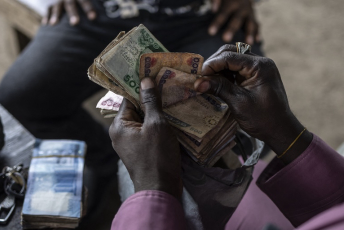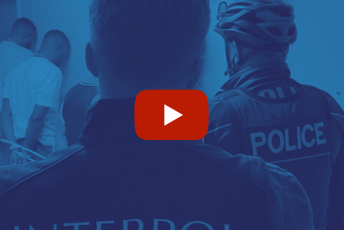On 27 March, Mozambican journalist and activist Ericino de Salema was leaving the National Union of Journalists in the capital city, Maputo, when two men tumbled him into an unregistered Toyota, drove out along the Maputo Ring Road to a spot in Muntanhane, and beat him savagely. De Salema was badly injured in the assault, but a group of passing
De Salema is a well-known figure in Mozambique: he regularly appears on the independent television station, STV, where he voices criticism of President Filipe Nyusi for his alleged corruption and excesses. The incident sparked angry condemnations across the country. There were calls in Parliament for the police to arrest the attackers, and the head of the country’s media watchdog reportedly told a press conference: ‘The perpetrators of this crime acted in broad daylight and on the public highway, which expresses a certain sense of impunity.’ Another news website noted dryly that it is illegal to drive vehicles without license plates – yet in this instance, one was allowed to drive through the streets of the capital without being stopped.
But amid all the anger, there was a remarkable absence of surprise. Incidents like this have become worryingly commonplace in Mozambique over the past few years. In fact, the spot at which De Salema was assaulted was very close to the scene of another crime – where José
In fact, as the table below shows, there have been at least 21 assassinations or attempted assassinations in the country since October 2014. In South Africa, Global Initiative’s (GI’s) Assassination Witness project recorded 159 reported assassinations in 2017 alone. While the numbers for Mozambique may not be as high as its
The table, in any case, is a useful quantifier of something that many in Mozambique appear to feel: that the surface of life in the country conceals violent undercurrents that threaten development and stability alike.
So, why are these assassinations happening? One pattern that is hard to miss from the table is the significant number of victims from the opposition movement, RENAMO (eight in total – versus one from the ruling FRELIMO party). This points to an important dynamic behind the recent spate of assassinations in Mozambique – namely, renewed hostilities between the two parties.
FRELIMO and RENAMO fought a protracted civil war that ended with a negotiated settlement in the early 1990s. However, since then, peace has been far from sustainable. Most recently, a series of RENAMO attacks on government locations in 2013 yielded a government assault on the home of the late Afonso Dhlakama, the movement’s former leader, which led it to announce that the peace deal with FRELIMO was over.
The assassination of RENAMO figures is a worrying sign that violence is increasingly preferred to dialogue among the countries two main political forces. Another pattern that emerges from the table below is the targeting of civil society figures such as lawyers, journalists
The forced silence notwithstanding, there is
The assault on De Salema and other vocal civil society figures suggest that criminal violence has only deepened its mark on politics and society in Mozambique. Questions about who is behind these assassinations abound. Are
It is this lack of accountability and impunity in the way that the powerful wield criminal violence that is perhaps most insidious for democracy and stability in Mozambique. This makes the need to shine a light on this quiet epidemic all the more urgent.
Rupert Horsley, Senior Analyst and Simone Haysom, Senior Analyst, Global Initiative against Transnational Organised Crime







